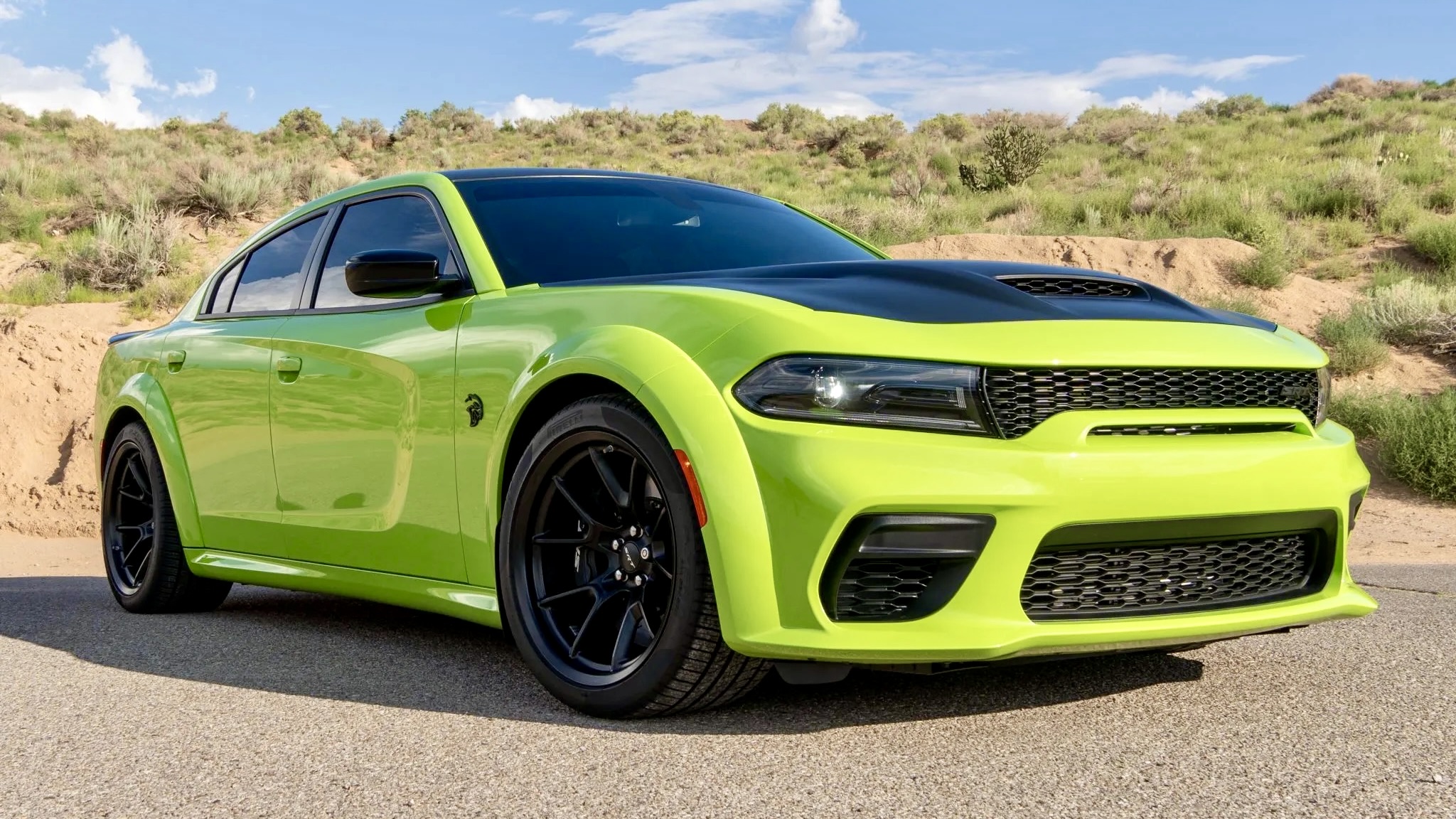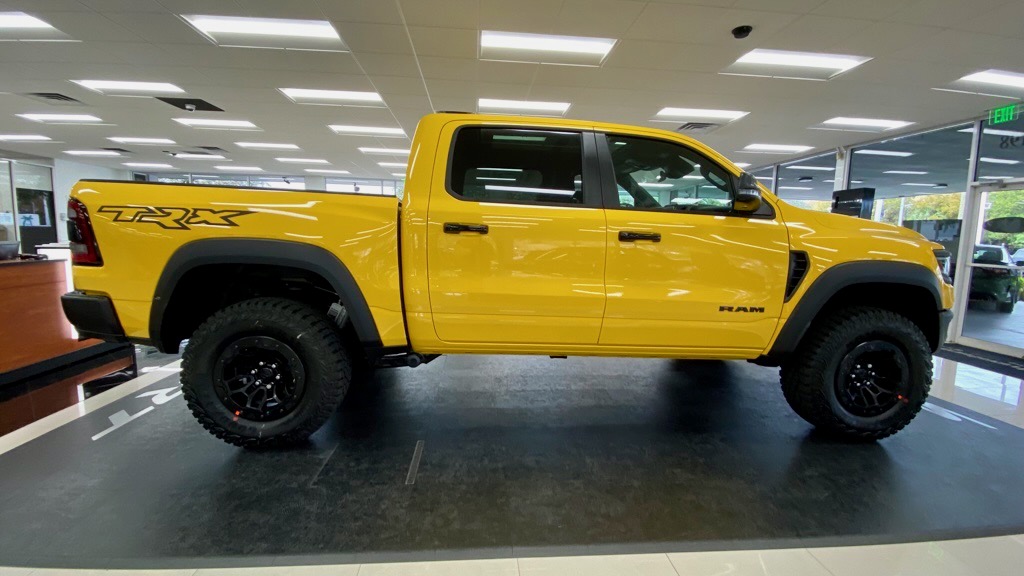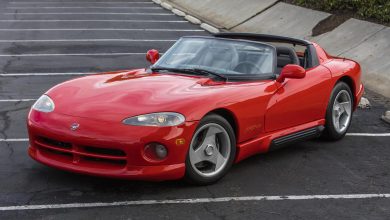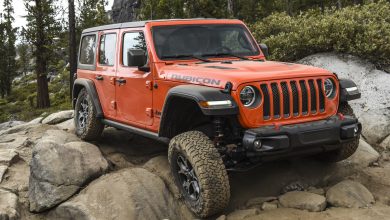
The HEMI® V8 engine has long been a cornerstone of Stellantis brands like Chrysler, Dodge, Jeep®, and Ram, beloved by enthusiasts for its raw power and iconic performance. However, according to multiple insider sources, the decision to phase out the HEMI was not unanimous—it was driven by former Stellantis CEO Carlos Tavares despite widespread resistance within the company.
Internal Push to Save the HEMI –

“Everybody wanted to keep the HEMI,” said one source close to Stellantis’ North American operations. “Engineers, marketers, and even executives in the U.S. knew how important it was for our customers. But Tavares didn’t want to hear it. He was fixated on cutting emissions and improving margins.”
Sources claim that a plan dating back to 2019 was a balanced evolution: gradually replacing the aging 5.7-liter and 6.4-liter naturally aspirated HEMI engines with the new twin-turbocharged Hurricane I6 engines while retaining the supercharged HEMI V8 for high-performance models. The HEMI V8, particularly in its supercharged HELLCAT and HELLCAT Redeye configurations, was central to the identity of vehicles like the Dodge Challenger, Charger, Durango, and Jeep® Grand Cherokee.
Despite their popularity, Tavares reportedly saw the engines as a financial and regulatory burden, prioritizing electrification and more fuel-efficient powertrains, such as the twin-turbocharged Hurricane I6.
The Cost of Green Ambitions –

The shift away from the HEMI was part of a broader cost-cutting strategy under Tavares’ Dare Forward 2030 plan. This plan aimed to achieve double-digit profit margins while aggressively transitioning Stellantis toward electric vehicles (EVs) to comply with stricter global emissions standards.
One insider elaborated, “Tavares didn’t want to keep buying emissions credits from Tesla, and he saw the HEMI as an unnecessary liability. But removing it without fully prepared replacements alienated a lot of loyal customers.”
This decision proved controversial, particularly in the U.S., Stellantis’ largest and most profitable market. “If you’re selling performance vehicles in America, you need a V8,” another source noted.
Backlash from Dealers and Fans –

The decision to phase out the HEMI also strained relationships with dealers and fans. Many dealers felt the loss of the HEMI hurt their ability to sell key models. One Dodge dealer remarked, “The HEMI was a selling point—it brought people into showrooms. Customers didn’t want a turbocharged six-cylinder as a replacement for a roaring V8.”
Fans also voiced their disappointment, with one enthusiast posting on social media, “The HEMI isn’t just an engine; it’s a legacy. Stellantis is throwing away what makes their cars special.”
The Fallout –

By 2024, Stellantis faced declining sales in North America, with global sales down 17% in the first nine months of the year. The absence of HEMI-powered vehicles, rising prices, and limited EV adoption played a significant role in the downturn.
The situation ultimately contributed to Tavares’ resignation on December 1, 2024. While Stellantis has not publicly commented on the specifics of the decision, insiders suggest the board’s dissatisfaction with Tavares’ handling of U.S. operations was a major factor.
What’s Next for Stellantis? –

With Tavares out, there is growing speculation about whether Stellantis will revisit its powertrain strategy. Tim Kuniskis, a veteran leader known for championing HEMI-powered vehicles like the Dodge HELLCAT, has been rehired to oversee the Ram brand, raising hopes among enthusiasts.
“Bringing back Kuniskis is a signal,” said one source. “It shows Stellantis understands the importance of performance in their lineup. But whether it’s too late to bring back the HEMI is anyone’s guess.”
For now, the legacy of the HEMI V8 remains alive in fans’ hearts and in the dwindling inventory of Stellantis dealerships.
Source: CNBC





